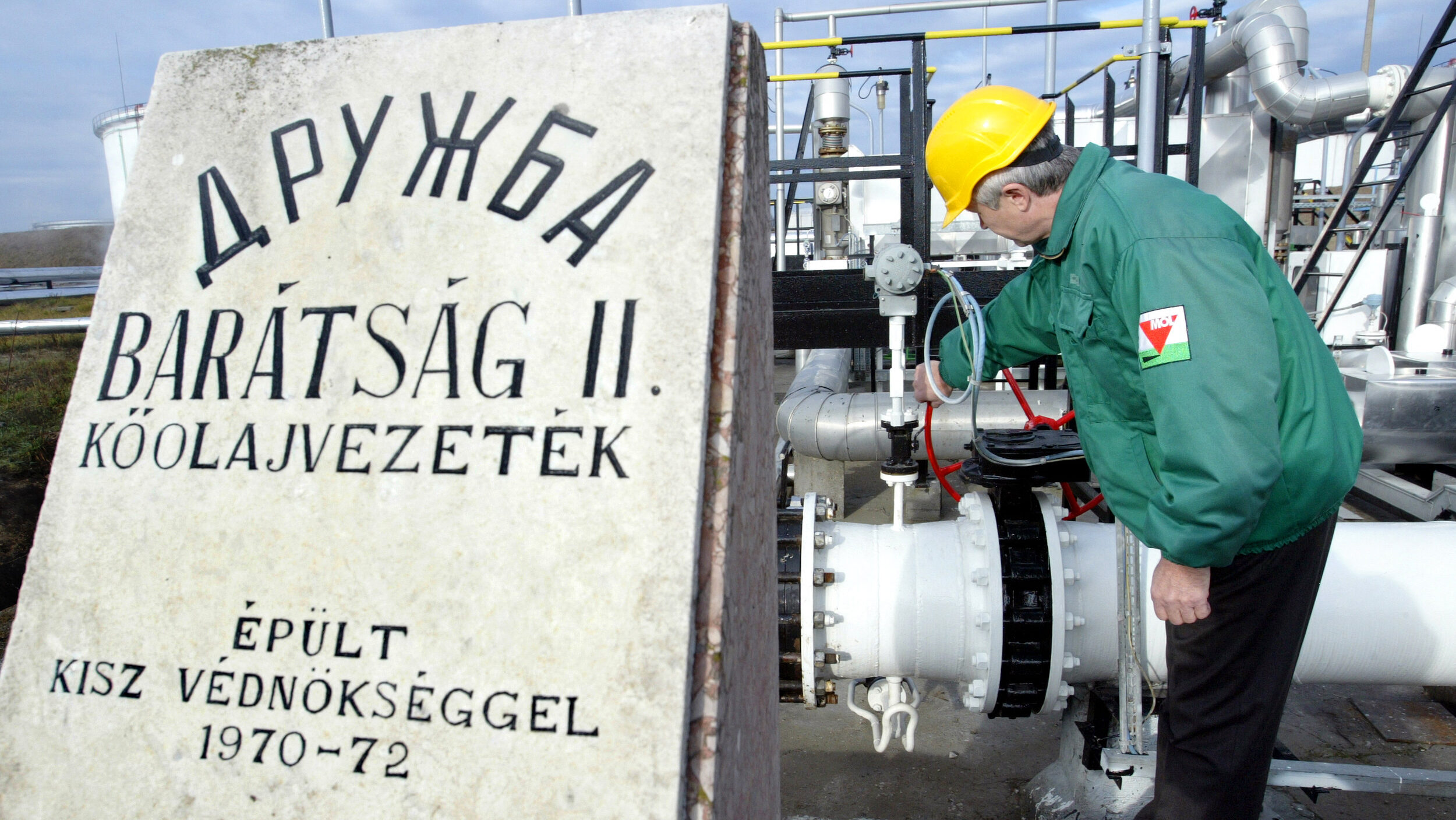The European Parliament’s relevant committee has endorsed a proposal to prohibit the import of Russian natural gas and crude oil into the EU from 1 January 2026. According to a fresh survey by the Századvég Foundation, released on Thursday, such a measure would have severe consequences for Hungary, potentially pushing fuel prices above 1,000 forints per litre and triggering a broader energy crisis. The poll of 1,000 adults found that two-thirds of Hungarians oppose the embargo.
Századvég notes that increasingly radical proposals have emerged since European Commission President Ursula von der Leyen made a full ban on Russian energy a priority objective. While the original RePowerEU plan envisioned phasing out Russian supplies by the end of 2027, the EU’s energy commissioner has since advocated for a permanent ban, regardless of how the war develops.
Brussels has already accelerated its timetable by removing LNG from its initial exemptions and securing member-state backing for an earlier cutoff under the EU’s 19th sanctions package. The European Parliament’s committee has now gone further still, supporting a proposal to halt all Russian oil and gas imports from 2026.
The initiative has supporters within Hungarian politics as well. Századvég points out that the Tisza Party has incorporated the EU objective into its programme, backing the phase-out of Russian energy. The think tank, however, reiterates that such a ban would inflict heavy damage on Hungarian households.
A sudden cutoff in imports would, according to the analysis, cause a sharp rise in market prices: petrol and diesel could exceed 1,000 forints per litre, while household electricity and gas bills could triple. For an average family, this would mean an annual extra burden of more than half a million forints, costs many would be unable to absorb, leading to a significant increase in payment and heating hardship.
The embargo’s economic impact would ripple across the entire economy, potentially triggering a wide-ranging energy crisis. Századvég calculates that inflation could rise by nearly 10 percentage points, while Hungary’s GDP could fall by around 4 per cent the following year—an economic setback comparable to the country’s entire family support budget, or half of its pension spending.
Given the projected consequences, the foundation notes that public opposition is unsurprising: in its October survey, two-thirds of respondents rejected the proposed 2026 ban, while only one-quarter expressed support.
Related articles:







